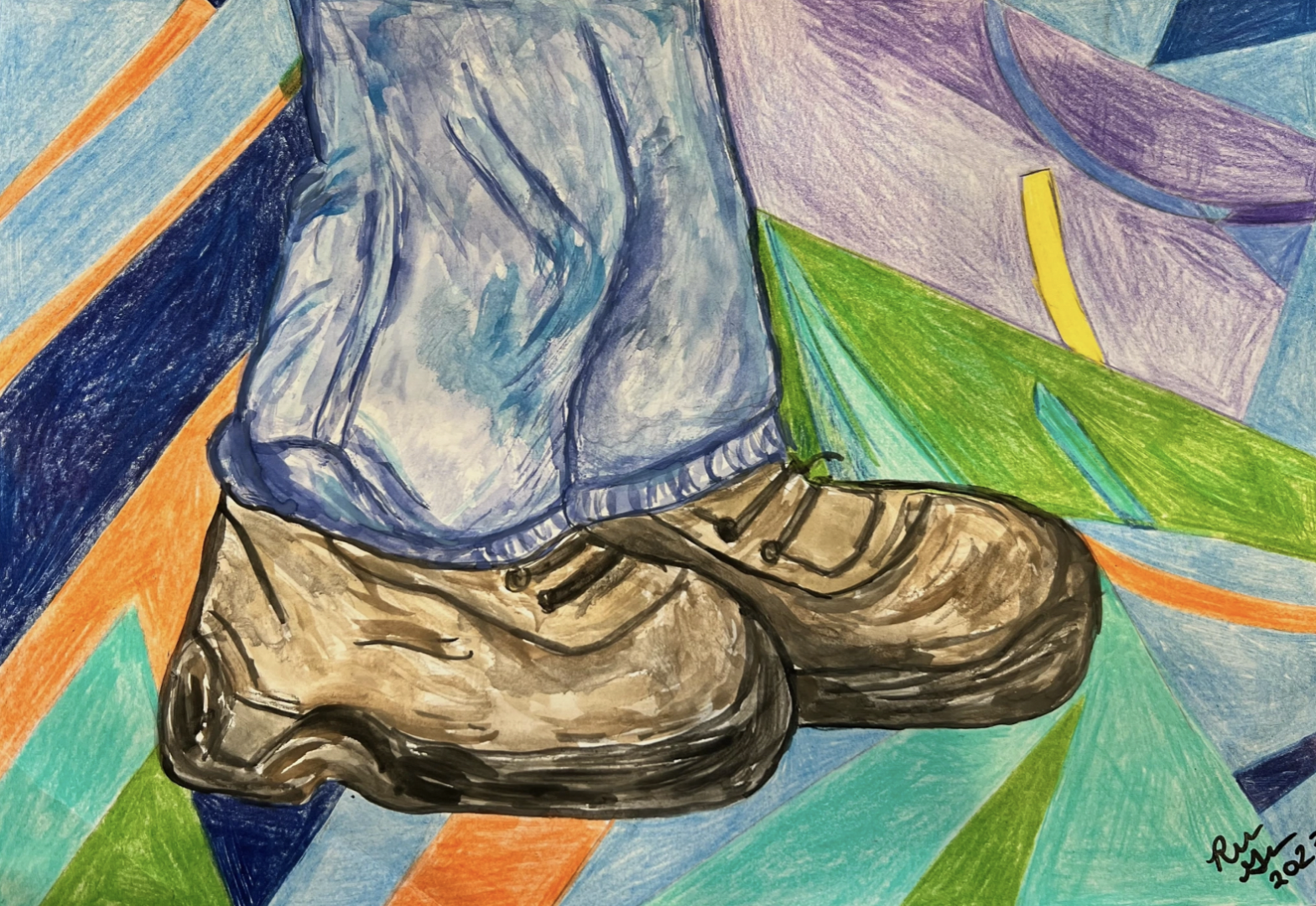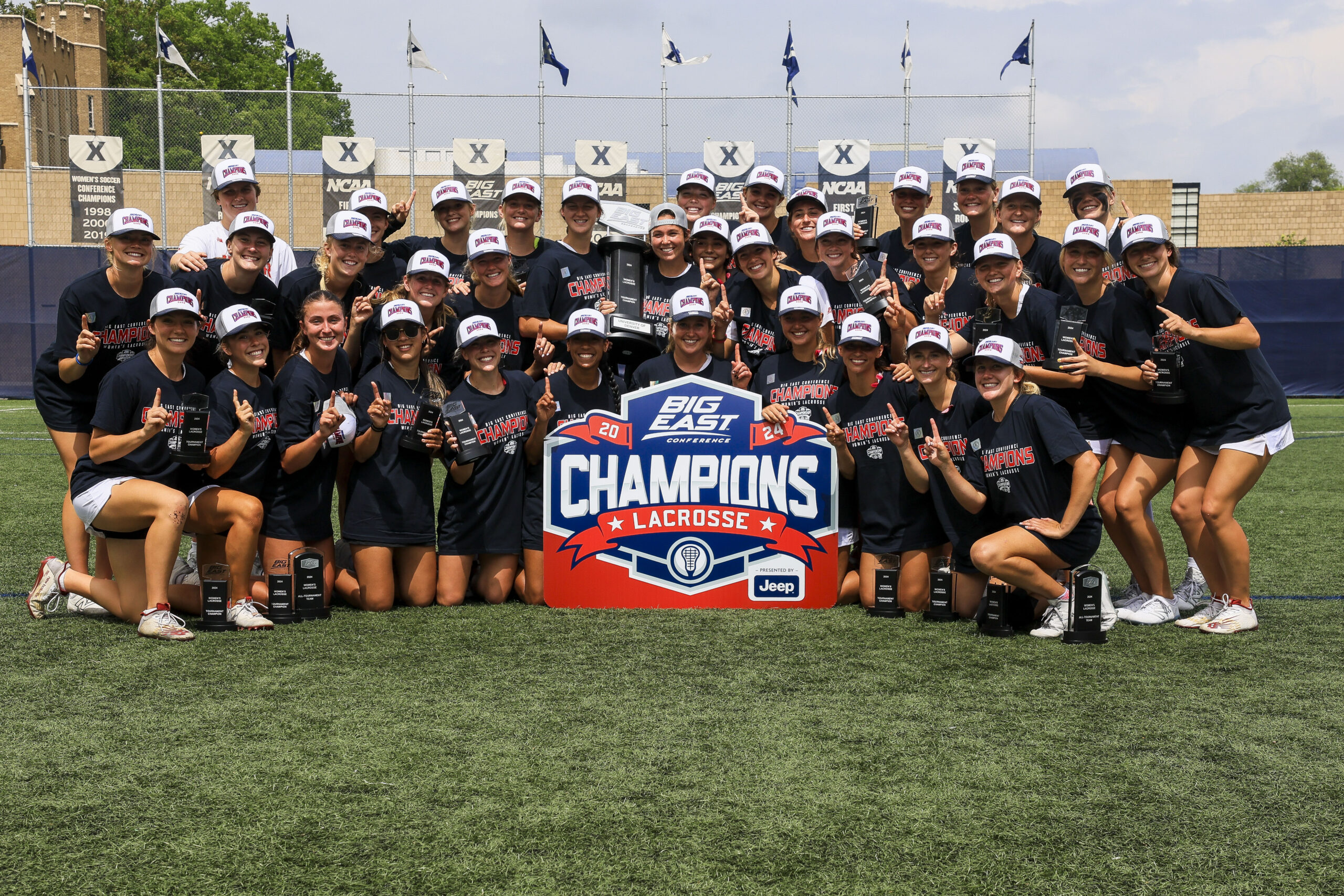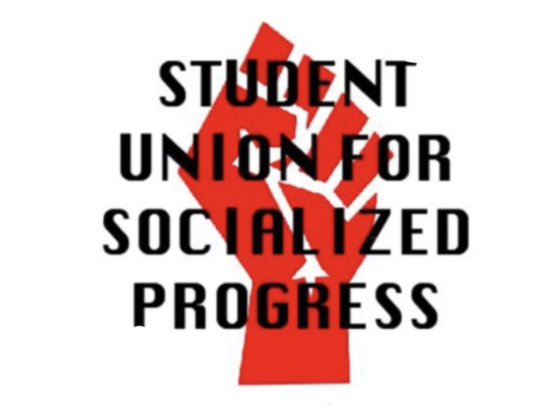University of Denver tenure professor, Rebecca Galemba, is in the midst of celebrating her latest book’s release, “Laboring for Justice: The Fight Against Wage Theft in an American City.” The book encapsulates seven years of Dr. Galemba’s research on wage theft across Denver.
But what inspired this research? Why wage theft? Prior to moving to Denver in 2012, Galemba studied at Dartmouth for undergrad and Brown for graduate school. During and after her studies, she worked at the Guatemala and Mexico-U.S. Borders. While living along these borders, Galemba was able to see firsthand how US immigration policies implemented after the War on Terror impacted individuals living near the border. Many of whom were individuals who did not intend to settle in border towns and were trying to reunite their families.
Galemba’s nontraditional approach to anthropology focuses on research within the U.S. Traditionally, anthropology practices heavily emphasizes conducting research outside the U.S., but Dr. Galemba is among a growing group of scholars committed to understanding and tackling global issues within her own community.
A little over ten years ago, she began a partnership with Centro Humanitario Para Los Trabajadores (Centro), Denver’s worker center. Galemba and her students would spend several hours a week on corners around the city where workers would sit and wait for work. These locations included the Denver metro area, with one near the Broncos’ stadium in West Denver, one in Aurora and another in Lakewood. The Aurora site in particular stood out to Galemba. She noted that the site was segregated; Latine workers would be on one side, African American workers on the other, and further down indigenous workers from Guatemala. At the sites, her research team spent time with the workers to learn more about their experiences and possibly connect them to other resources such as the legal clinic previously run out of Sturm College of Law or with Centro volunteers.
Being on the corners alongside the day laborers was an impactful experience for Galemba and her students. Galemba and many of her students had no exposure to wage theft prior to Centro, nor did they know the extent of it.
“They [(day laborers)] are very invisible in some ways. They are working for cash pay, no contracts and many, not all of them, are undocumented. But they also have to be hyper visible in order to get these jobs. It’s a double vulnerability of being invisible and hyper visible at the same time, which I think aggregates their exploitability, as well as a U.S. system that reduces our tolerance of immigrant labor to their ability to work hard or as a laborer rather than a human being,” said Galemba.
Galemba’s research used a combination of interviews/conversations and surveys. Qualitative and quantitative research were imperative to help Galemba better understand wage theft, the internalization that comes with wage theft and systemic oppression.
With their work, the group is able to understand the wider context of wage theft beyond day laborers by speaking to policymakers, attorneys and advocates. Through this outreach, they were able to take the new information back to the laborers to better inform them of the policies that help and hurt them.
Activism is a big part of Galemba’s work and partnership with Centro. The Wage Theft Direct Action Team (DAT) is a small group of volunteers that ally with workers to help them get their wages back. Galemba supports DATs in any capacity, including taking on cases or advising the team. By working with DATs, Galemba is able to tie in direct action into research.
Through her research, Galemba realized that wage theft is a problem that many do not realize is occurring, including the victims of it.
“I always have a handful of students who realize it [has] happened to them, or you see it everywhere… People realize it adheres in other parts of our economy, migrant day laborers’ experiences are some of the most egregious manifestations of it because of their overlapping vulnerabilities, but it impacts various sectors of our economy,” said Galemba.
But the work didn’t stop once the book was finished. Galemba faced the issue of how to make her findings more publicly accessible to the greater community. With various creative presentations, Galemba was able to keep the conversation around wage theft going through her exhibit at the University of Denver’s Museum of Anthropology (DUMA) and collaborations with the Romero Community Theater Troupe to perform stories from the book. Art became a way to reach an audience through different mediums on issues that tend to be polarized.

“I felt that just putting photos of workers at the corner was reinforcing that [notion of day laborers being disposable and confining them to only that corner]. They’re frozen in time standing at the corner. I felt that there were other creative ways to visualize this story and tell these stories about wage theft,” said Galemba.
Galemba plans to continue her work with Centro and conduct research to better understand and evaluate systemic issues that affect various sectors of our global economy.
To learn more about Galemba’s work, book, research and the art check out the DU Just Wages Project blog designed by two DU graduate students, Samantha McGinnis and Bianca Garcia.











